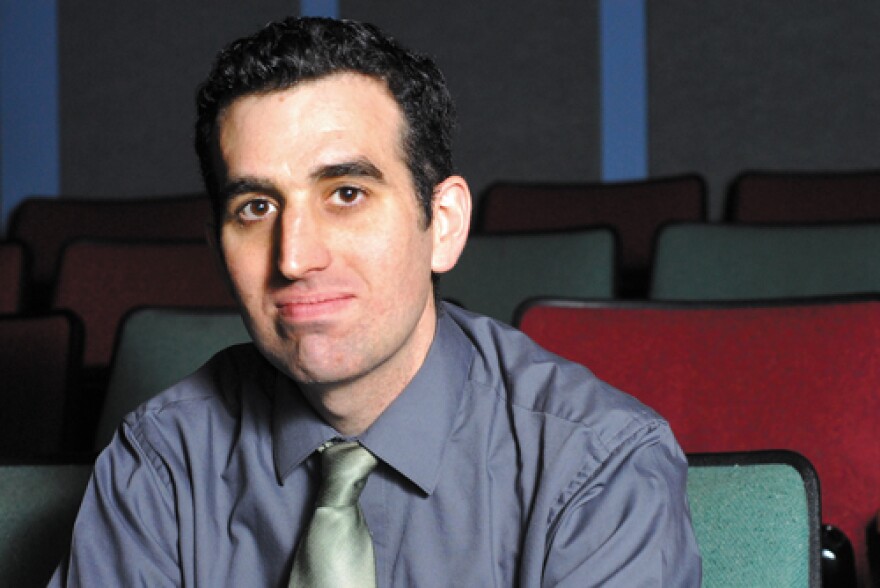In today’s Academic Minute, Dr. Gabriel Rossman of the University of California Los Angeles reveals the economic risks faced by filmmakers seeking to win Academy Awards.
Gabriel Rossman is an associate professor of sociology at the University of California Los Angeles. His research addresses culture and mass media, especially pop music radio and Hollywood films. He earned his Ph.D. at Princeton University.
Dr. Gabriel Rossman – Economic Risk and the Oscars
One of the famous simplifying assumptions of economic models is that people have perfect information. In reality, we see markets as through a glass darkly, even as econ 101 models assume that we see face to face.
The problems with the perfect information assumption were long understood as vague friction. However recent work in economic sociology has asked how does that information that we *do* have refract our view of the market.
The market information literature emphasizes specific pieces of information that make markets comprehensible (reviews, rankings, bestseller charts, etc.) and how these imperfections have material effects on the markets they describe. For instance, the Billboard pop charts tended to undercount country music and after their methods improved in 1990 the record industry realized country was popular and devoted more resources to it.
Whereas earlier research has emphasized essentially continuous market information like rankings, my work with Oliver Schilke looks at discontinuous market information, like prizes. Specifically, we studied how the Oscars shape the film industry.
The first thing we did was measure how hard movies seem to be trying to get Oscars by comparing them to recent nominees. As you'd expect, dramas (especially biopics) get a lot of nominations, as do movies about "serious" subjects like scandals or disabilities, and movies released around Christmas.
We then used this metric of Oscar-seeking to explain how much money the movie makes. It turns out that audiences dislike movies that are *trying* to get Oscar nominations but really like movies that actually *get* Oscar nominations. By inference, if there were no Oscars to drive box office towards them, there would be far fewer movies about historical protagonists overcoming oppression. Indeed, it looks like Hollywood basically nails it since they make exactly the right number of Oscar-targetted movies that the two effects balance out on average.
This finding not only reaffirms that market information matters, but that it's crucial to understand how the information is structured, with rankings and prizes having different effects, neither of which are what you'd see if we assume perfect information.
Production support for the Academic Minute comes from Newman’s Own, giving all profits to charity and pursuing the common good for over 30 years, and from Mount Holyoke College.





